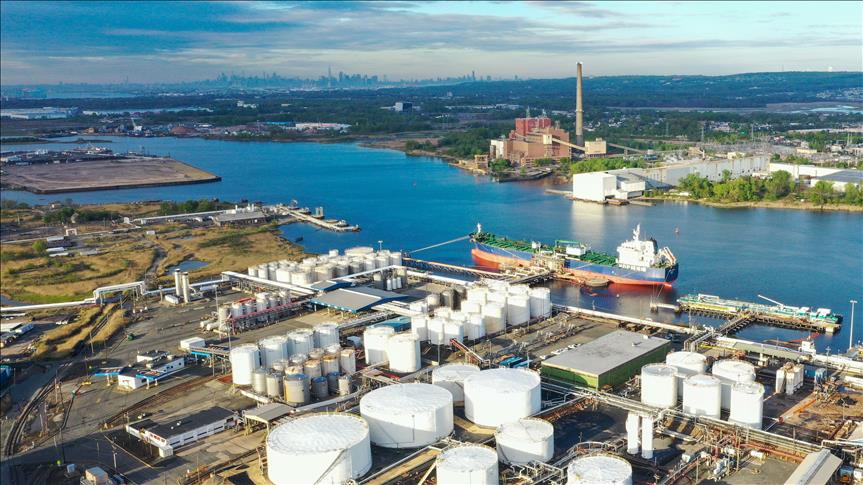

By Anadolu Agency
Oil prices increased on Friday during the choppy Asian trading session as investors are awaiting the US nonfarm payrolls to seek direction for the US Fed’s next monetary policy.
International benchmark crude Brent traded at $84.30 per barrel at 11.30 a.m. local time (0830 GMT), a 0.27% gain from the closing price of $84.07 a barrel in the previous trading session on Thursday.
The American benchmark West Texas Intermediate (WTI) traded at the same time at $82.76 per barrel, up 0.66% from Thursday’s close of $82.21 per barrel.
Oil prices were volatile on Friday impacted by looming uncertainties as markets are awaiting some key data amid supply fears triggered by OPEC’s decision to cut oil supplies by a total of 1.3 million barrels by the end of the year.
Having risen to their highest level in a year last week, both benchmarks lost more than 2% on Thursday following data indicating that oil consumption started to decrease in the US with the end of the summer season.
According to the data announced by the US Energy Information Administration (EIA) on Wednesday, US gasoline stocks increased by approximately 6.5 million barrels, reaching 227 million barrels.
Fears for another Fed interest rate hike intensified and also lowered prices after US Labor Department figures showed that US job openings increased more than expected to 9.61 million in August, relative to the forecast of 8.8 million.
Markets are now awaiting the ADP non-farm payrolls data, which will be issued later on Friday, in order to gain insight into the Fed’s imminent interest rate decision.
Also adding downside pressure on prices by easing supply woes, Russian government announced on Friday that it has partially lifted the ban on the diesel exports by pipelines through seaports.
‘The government has removed restrictions on export of diesel fuel delivered to seaports by pipeline transport provided that the producer supplies at least 50% of diesel fuel produced to the domestic market,’ according to an official statement.
The restrictions for gasoline exports, meanwhile, remain in force.
The Russian government decided on Sept. 21 to limit the export of gasoline and diesel fuel and the Russian Energy Minister Nikolay Shulginov said on Oct. 3 that the limit will remain until fuel supplies and prices stabilize on the domestic market.
Russia, one of the largest global oil producers, exports nearly 900,000 barrels per day (bpd) of diesel fuel and 100,000 bpd of gasoline. Last year, the country’s diesel exports totaled 35 million tons and gasoline exports amounted to 4.8 million tons.
We use cookies on our website to give you a better experience, improve performance, and for analytics. For more information, please see our Cookie Policy By clicking “Accept” you agree to our use of cookies.
Read More